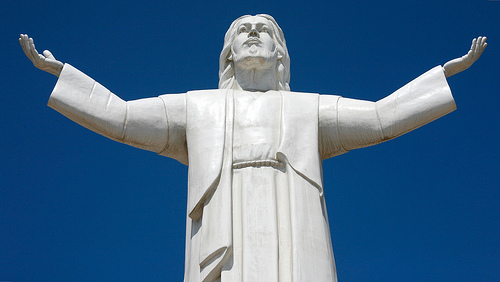"To have and to hold, from this day forward, for better, for worse, for richer, for poorer, in sickness or in health, to love and to cherish 'till death do us part." Traditional marriage vow
Confirmation is a special occasion for many Christians. The United Methodist Church celebrates confirmation as a whole-church community event. Parents, grandparents, guardians and godparents may stand as silent witnesses to the Christian faith as their confirmand affirms his or her vow of membership to the church. These special people made a commitment to 'do all in their power' to teach, guide and nurture the child's spiritual life previously during their baptism ritual. This sacred investment is not an individual choice but a relational choice made by family and friends. Foundational relationship bonds can be made as we are baptized and confirmed into a community. Confirmation is sometimes as significant for the adults as it is for the students.
Confirmation is also for the church. We remember our baptism as a community. The earthly church community is to be a witness and reflection of the holy eternal community. Some theologians believe we may even get a glimmer of the divine mystery of the relationships within the holy Trinity - the perfect community - during these intersections of holiness and grace. Through baptism, we are given a new birth through the water and the Spirit and incorporated into God's mighty acts of salvation. All this is a gift, offered to us without price. We renew our commitment through confirmation to remain faithful to Christ's holy church.
Faithful. It implies holy action. We contribute. We can choose to act faithfully. The only other sacred relationship that shares this level of committed faithfulness is marriage. Imagine if we took our confirmation vow as seriously as our marriage vow. Imagine if we, the church, dressed beautifully as a bride for her husband decided to live into the covenant faithfulness we profess as one man, one woman for life. Maybe this is what the Apostle Paul meant by imploring the church in Ephesus to live holy lives. Do you suppose we can too?
"Husbands, go all out in your love for your wives, exactly as Christ did for the church—a love marked by giving, not getting. Christ’s love makes the church whole. His words evoke her beauty. Everything he does and says is designed to bring the best out of her, dressing her in dazzling white silk, radiant with holiness. And that is how husbands ought to love their wives. They’re really doing themselves a favor—since they’re already “one” in marriage." Ephesians 5:25-28 (The Message)
-Pastor Jen





















